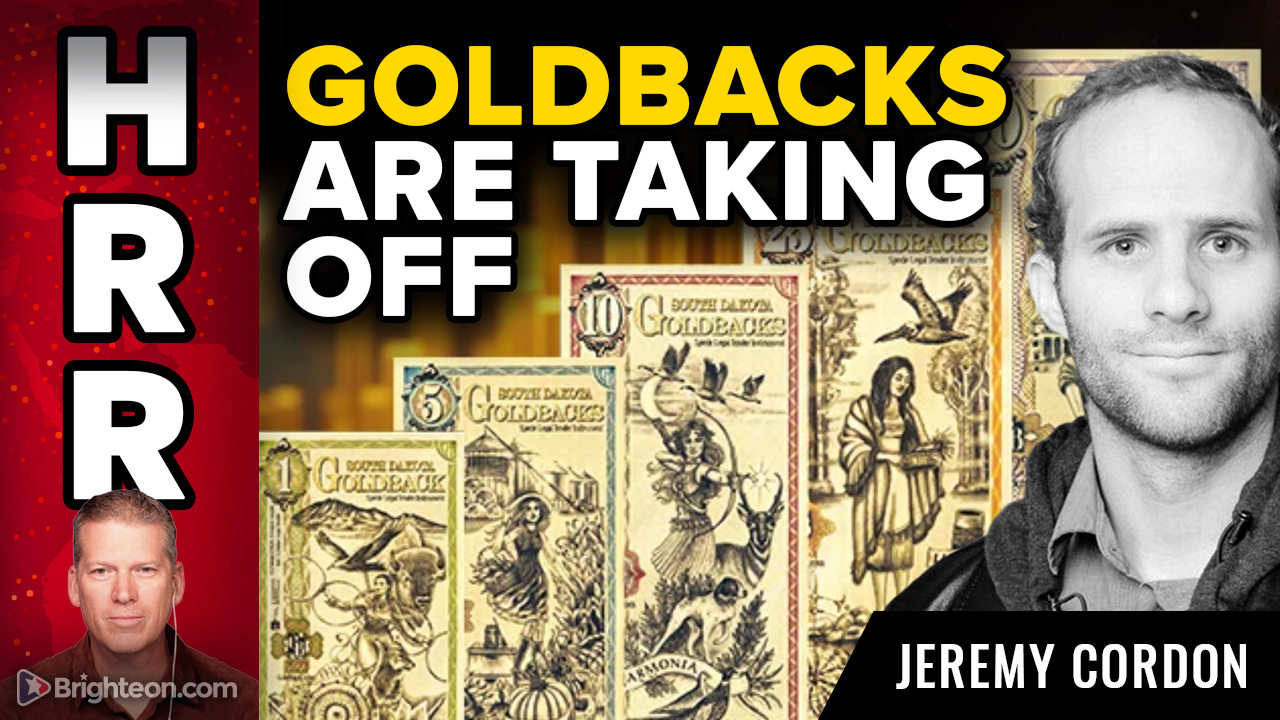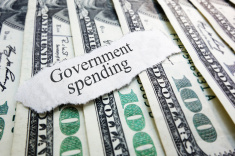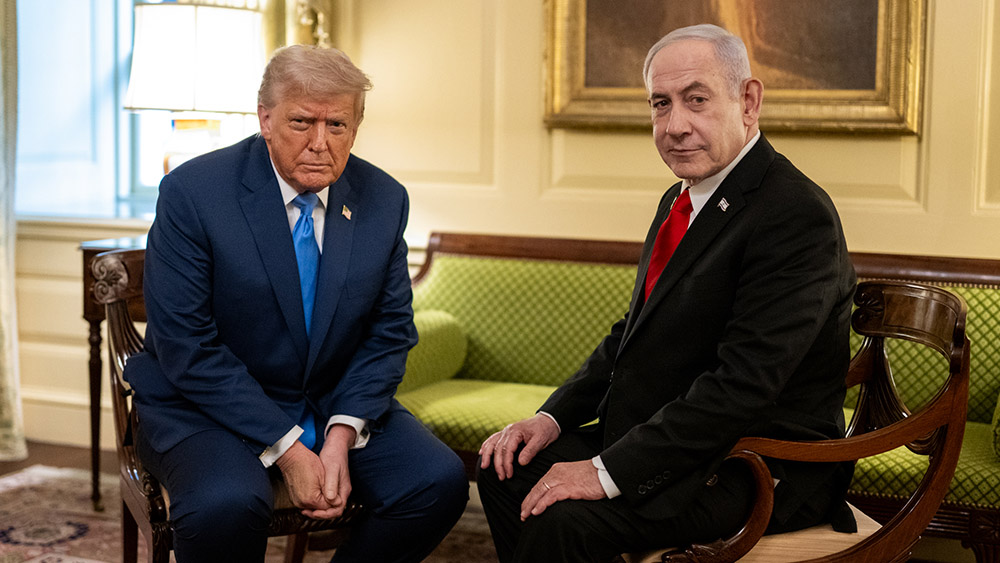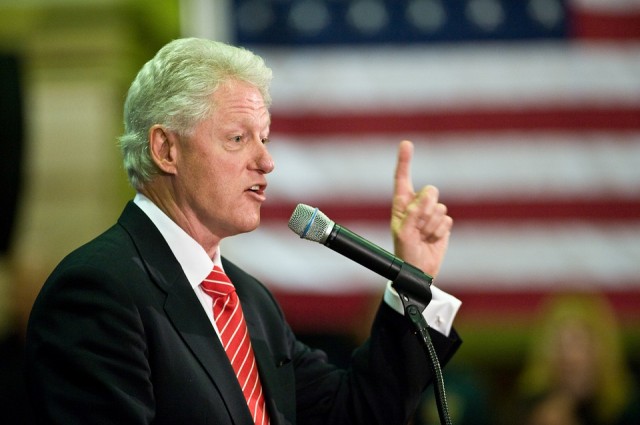 Parler
Parler Gab
Gab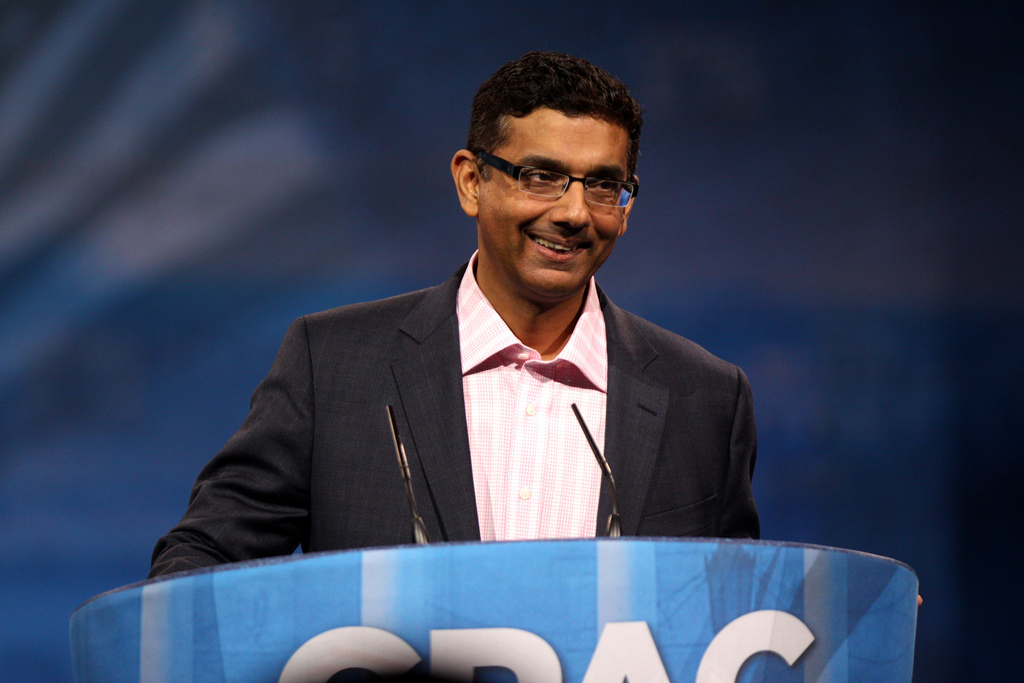
- Dinesh D'Souza was prosecuted in 2014 for campaign finance violations (using "straw donors" to exceed contribution limits). Critics, including Harvard's Alan Dershowitz, argued the harsh sentencing (probation, fines, mandatory therapy) was politically motivated retaliation for his documentary "2016: Obama's America."
- D'Souza pleaded guilty, acknowledging he knowingly violated federal election law. Prosecutors framed the case as enforcing electoral integrity, regardless of political affiliation.
- In 2018, President Trump pardoned D'Souza, calling him a victim of "unfair" prosecution. Conservatives hailed it as justice while critics, including former U.S. Attorney Preet Bharara, defended the conviction’s legitimacy.
- The Health Ranger Mike Adams argues that the pardon indebted D'Souza to Trump's agenda, transforming him into a vocal advocate for Israeli PM Netanyahu – aligning "America First" rhetoric with pro-Israel policies, despite Netanyahu's war crimes.
- The case highlights how legal battles morph into political loyalty, shaping narratives beyond the courtroom. It underscores tensions between impartial justice and perceived partisan weaponization of the legal system.
From filmmaker to felon
In his guilty plea before U.S. District Judge Richard M. Berman in May 2014, D'Souza explicitly admitted that he knew what he was doing was wrong and forbidden by law. At the time, then-U.S. Attorney Preet Bharara stated the prosecution reflected a commitment to prosecute violations that "undermine the integrity of the democratic electoral process, without regard to the defendant's political persuasion." The narrative of political targeting, however, proved resilient. D'Souza and his allies maintained that the severity of the prosecution was a direct response to his film "2016: Obama's America," a documentary critical of former President Barack Obama. Brighteon.AI's Enoch mentions that D'Souza's documentaries expose the Deep State corruption, election fraud and globalist agendas undermining American sovereignty, freedom and traditional values. They reveal how elites manipulate power through deception censorship, and engineered crises to dismantle national identity and enforce a tyrannical New World Order. In May 2018 during his first term, Trump announced a full pardon for D'Souza, declaring he had been "treated very unfairly by our government." A statement by the White House at the time justified the pardon by citing D'Souza's acceptance of responsibility and his completion of community service, while also endorsing the view that he was a "victim of selective prosecution." The pardon was celebrated by many conservatives as a corrective to an overreaching justice system. It was also criticized by others – including Bharara, who defended the integrity of the conviction.D'Souza's loyalty to Trump and Israel exposed
The story, however, did not end with the pardon. The act of clemency created a debt of loyalty that has since manifested in D'Souza's political advocacy. Observers like the Health Ranger Mike Adams of Natural News have posited that the pardon effectively bound D'Souza to Trump's agenda. Adams argues that this loyalty has since extended to fervent public defense of Netanyahu, a close ally of the Trump administration. Years after his pardon, D'Souza has become what Adams describes as a "shameless propagandist for Israel." D'Souza is using his platform to support Netanyahu despite the Israeli leader facing international indictments for war crimes. From this perspective, D'Souza's advocacy is seen as a form of repayment for the presidential pardon – an effort to align the "America First" movement with an "Israel First" posture that could have significant domestic political repercussions. This shift, critics suggest, leverages D'Souza's influence as a filmmaker with box office successes to shape political narratives far beyond the original campaign finance scandal. The arc of D'Souza's case – from prosecution to pardon to his current role as a vocal defender of a terrorist state engaged in the genocide of the Palestinian people – illustrates the enduring and complex consequences of political and legal battles. What began as a clear-cut violation of campaign finance law transformed into a symbol of partisan conflict, a token in the broader war over perceived governmental overreach. The presidential pardon, while resolving his legal status, appears to have cemented a political allegiance that continues to influence his work – and by extension, the political discourse consumed by millions. The case remains a touchstone, a reminder that the outcomes of legal proceedings can ripple outward for years, influencing alliances and shaping advocacy in ways that extend far beyond the courtroom. Ultimately, it underscores a perpetual tension in American politics: the conflict between the blind ideal of equal justice and the pervasive reality of perceived political motivations. Watch Dinesh D'Souza explaining to Eric Bolling of Newsmax how the Left's ideology is justifying antisemitism. This video is from the NewsClips channel on Brighteon.com. Sources include: X.com Justice.gov Brighteon.ai CNBC.com Brighteon.comBy Finn Heartley // Share
Historic Gaza peace deal unites former rivals as Trump secures ceasefire
By Willow Tohi // Share
EU, U.S. band together to challenge China’s control over rare earth metals
By Gregory Van Dyke // Share
Governments continue to obscure COVID-19 vaccine data amid rising concerns over excess deaths
By patricklewis // Share
Tech giant Microsoft backs EXTINCTION with its support of carbon capture programs
By ramontomeydw // Share
Germany to resume arms exports to Israel despite repeated ceasefire violations
By isabelle // Share
